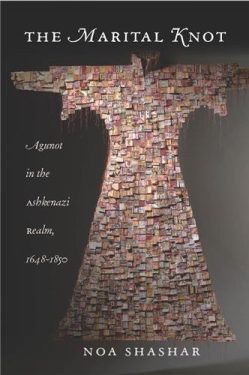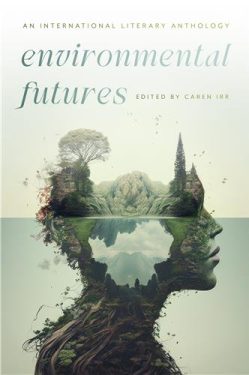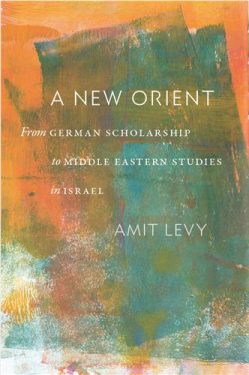Wang Wei ranks with Li Po and Tu Fu and Po Chu-i—among the very greatest poets of T’ang dynasty China. He is the master of ‘impersonality,’ often completely disappearing into his poems of nature. His poetry is a record of a long struggle to be free of desire, free even of the desire to be free. This translation captures the sense of uncluttered aloneness—completeness—found in the original, the deceptive apparent ease of Wang’s poems as a whole. Laughing Lost in the Mountains is refreshing, the best Wang Wei available in English.









